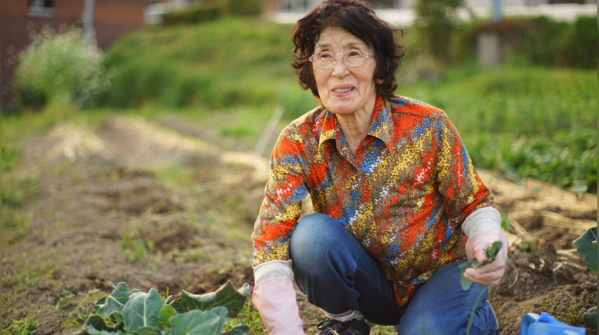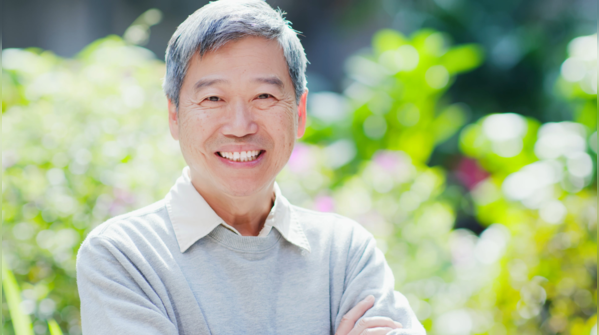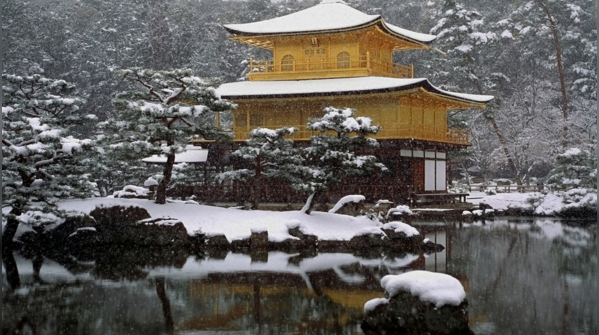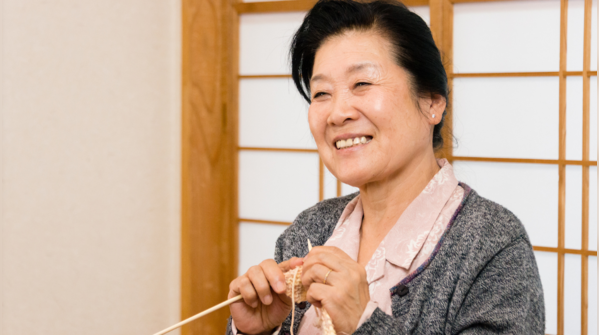Ogimi, a small village nestled on the subtropical island of Okinawa, Japan, is renowned as the Village of Longevity. With a population of fewer than 3,000, it's a place where living past 100 is not an anomaly, but almost an expectation. The residents of Ogimi not only live long lives, but they thrive with energy, mental clarity, and joy.

For decades, researchers like Dr. Makoto Suzuki and Dr. Bradley Willcox have conducted the Okinawa Centenarian Study, analyzing the lives of Ogimi's elders. Their research reveals valuable insights that challenge contemporary lifestyles. Beyond the widely cited aspects of "plant-based diets" and "low stress," the true essence of Ogimi lies in its unique cultural philosophies.
Here are three crucial, yet often overlooked, lessons gleaned directly from the people of Ogimi. These practices require no expensive supplements or extreme biohacks, just a fundamental shift in mindset, daily habits, and human connection.
The concept of hara hachi bu, the Okinawan practice of eating until 80% full, is well-known. However, in Ogimi, it transcends a simple dietary guideline; it’s an ingrained ritual of gratitude. Before each meal, villagers express "Itadakimasu," a phrase signifying "I humbly receive." This mindful moment slows down the pace of life, promoting respect for the food, the farmers, and the earth.

Meals are savored slowly, often served in small dishes that highlight texture and seasonal colors. Neither the food nor life is rushed.
By stopping before reaching complete fullness, insulin spikes are reduced, digestion is improved and inflammation is lowered - all of which are vital for healthy aging.
Dr. Bradley Willcox emphasizes, "They consume low-calorie, nutrient-dense foods, but it's their mindful approach to eating that makes a significant impact. It's respectful, balanced, and community-oriented."
One of Ogimi's most treasured traditions is the 'moai,' a close-knit social circle of lifelong friends who provide each other with emotional, financial, and spiritual support. Moais are not merely casual acquaintances. They are committed alliances, often established in childhood and nurtured throughout their lives.

Each individual belongs to a moai, creating a shared sense of purpose as they age together. From shared meals to singing sessions, this support network is an integral part of daily life.
These groups provide more than just companionship. They foster accountability, offer emotional support, encourage laughter, and protect against loneliness, which research has linked to a higher mortality risk than obesity or smoking.
Dr. Willcox explains, "Social connectedness serves as their health insurance. This is why they age so gracefully, experiencing fewer chronic illnesses.”
In Ogimi, nature isn’t a weekend escape; it's an integral part of daily existence. The villagers engage in daily walks through verdant hills, offer prayers in sacred groves, and maintain vegetable gardens well into their 90s. Nature here isn't just decoration; it's a guiding force.

The elders don't frequent gyms. Their physical activity stems from climbing stairs, tending gardens, and participating in festive dances. Their hands remain in contact with the soil, and their eyes are drawn to the ocean.
This profound connection with the land instills patience, rhythm, and acceptance. Seasonal eating and aligning with the natural rhythms of sunrise and sunset synchronize the body’s circadian rhythms, which modern science now associates with improved metabolism and mood regulation.
"In every leaf and root, there's a rhythm," a 104-year-old resident shared during a 2015 interview with the Okinawa Times. "We simply follow it.”

Emulating the Ogimi lifestyle doesn't require relocating to Japan. However, it does involve reassessing the fast-paced, disconnected patterns of modern life. Incorporating a few slow meals, cultivating a close circle of trusted friends, and spending more time in green spaces can gradually guide the body and mind toward a state of equilibrium.
It's not about accomplishing more; it's about acting with intention.
Newer articles
Older articles
 Vijay Officially Named TVK's Chief Minister Hopeful for Tamil Nadu's 2026 Election
Vijay Officially Named TVK's Chief Minister Hopeful for Tamil Nadu's 2026 Election
 RJ Mahvash Prioritizes Work Over Buzz, Addresses Link-Up Speculation
RJ Mahvash Prioritizes Work Over Buzz, Addresses Link-Up Speculation
 UNESCO's World Heritage Wonders: Unveiling 10 Iconic Sites, From Petra to the Pyramids
UNESCO's World Heritage Wonders: Unveiling 10 Iconic Sites, From Petra to the Pyramids
 JPG to PDF: A Comprehensive Guide for Graphic Designers & Professionals
JPG to PDF: A Comprehensive Guide for Graphic Designers & Professionals
 iQoo Z9 Turbo: Rumored Specs Emerge – Snapdragon 8s Gen 3, 6000mAh Battery Highlighted
iQoo Z9 Turbo: Rumored Specs Emerge – Snapdragon 8s Gen 3, 6000mAh Battery Highlighted
 Shadman Islam Defends Bangladesh Batters After Day 1 Struggles Against Sri Lanka
Shadman Islam Defends Bangladesh Batters After Day 1 Struggles Against Sri Lanka
 England's Bold Claim: Could They Have Chased Down 450 Against India?
England's Bold Claim: Could They Have Chased Down 450 Against India?
 5 Often-Missed Warning Signs of Bladder Cancer You Need to Know
5 Often-Missed Warning Signs of Bladder Cancer You Need to Know
 KL Rahul Puts Country First, Prioritizes England Tests Over Newborn Child
KL Rahul Puts Country First, Prioritizes England Tests Over Newborn Child
 Tick Bite Paralyzes Fitness Influencer: A Wake-Up Call for Outdoor Enthusiasts
Tick Bite Paralyzes Fitness Influencer: A Wake-Up Call for Outdoor Enthusiasts